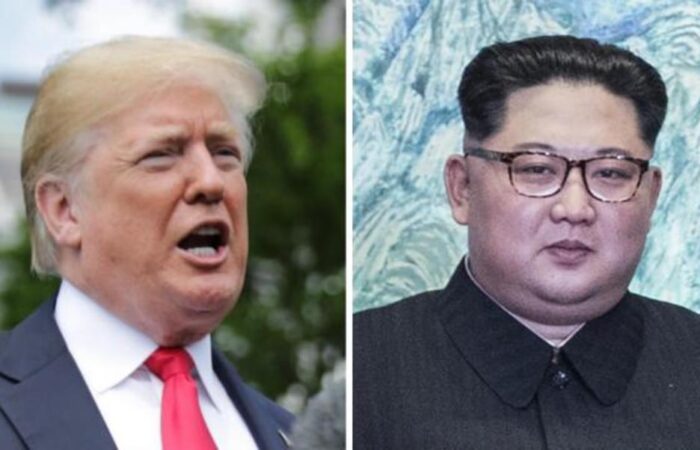With June 12 around the corner, the day President Trump presumably meets with Kim Jung-un, the agenda still remains unclear but the factors behind the agenda are all too visible.
First, President Trump is committed to a North Korea without nuclear weapons, albeit some backsliding on the matter may be in the discussion, particularly the time-table.
Second, North Korea claims a treaty with South Korea ending the six decades of hostility could be attained. The question is at what cost.
Third, North Korea has demanded a nuclear-free Korean peninsula which probably means the removal of the U.S. nuclear umbrella from South Korea and beyond.
Fourth, there are regional considerations at play, including the role the U.S. will have in offering modest protection to nations in the Pacific basin.
Fifth, the North Koreans are demanding the lifting of sanctions before any serious discussion of nukes can take place.
Sixth, economic development in the North is a prerequisite for these negotiations. But the other side of the equation remains murky. What is North Korea prepared to do in order to satisfy their rivals on the other side of the DMZ?
Seventh, Kim Jung-un has demanded security for his nation and himself. However, if genuine reform occurs, the likelihood of regime change increases. Can Kim have it both ways?
Eighth, should negotiations falter, does the U.S. have mobile launch capabilities of its defenses sufficient to deter North Korea? How will this assessment be made?
Clearly, Secretary of State Pompeo has addressed these matters in preliminary conversations. However, my suspicion is the devil is still in the details and, if North Korea widens the discussion, there will be a host of knotty issues left to the meeting itself.
Is President Trump prepared to leave the meeting if his concerns aren’t met? He did so with a sternly drawn note to Kim last month. But it should be noted this is a high wire act with a deep fall if he fails. Pompeo is unlikely to let that happen, but history always has its surprises. In world affairs this meeting takes on the judgement of historic proportions; whether or not this matter offers Trump a chance to secure a Nobel Prize is academic.
Trump realizes that any success in the Singapore meeting will translate into Republican success at the polls in this year’s off-year election, probably setting the stage for reelection in 2020. Moreover, the negotiation stance of the U.S. is being watched by Iranian officials with great interest in the outcome. Should President Trump secure meaningful concessions from North Korea, Iran will consider how its deal might be modified for American officials.
This is high stakes diplomacy that could usher in relatively different foreign policy initiatives from Europe to Asia. Trump is feeling his oats; the question is whether Kim eats oats for breakfast or is prepared to change his diet.
Keep in mind that from Kim’s perspective, North Korea may have an opportunity to enter the 21st century with economic development fostered by the U.S. and allies in the Pacific. This backward, brutal hermit kingdom might convert its billion dollar economy into a trillion dollar one, as is the case in South Korea.
The onus is on Kim. Should he forgo nukes, a pot of gold is around the rainbow. But this is a difficult choice, since the possession of nukes brought him to the negotiating table in the first place.

